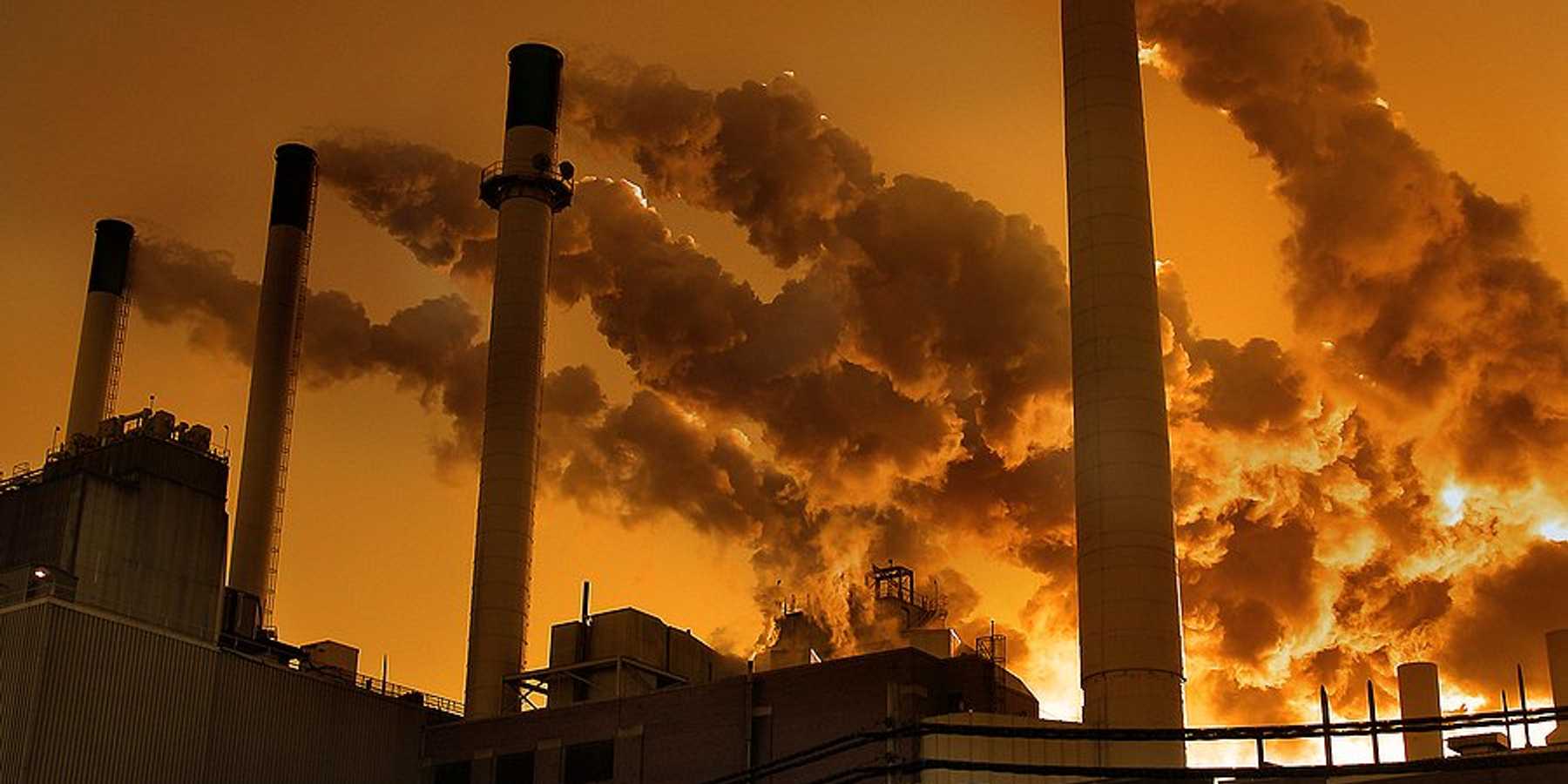Industry and consumers push back against moves to dismantle Energy Star program
Decades after launching one of the federal government’s most widely used energy-efficiency programs, the Trump administration is now seeking to eliminate Energy Star as part of a broader rollback of environmental protections.
Elizabeth Kolbert reports for The New Yorker.
In short:
- The Energy Star program, established in 1992 and credited with major energy savings and emissions reductions, is reportedly on the chopping block under the Trump administration’s restructuring plans for the U.S. Environmental Protection Agency.
- The proposal has prompted widespread pushback from businesses, cities, and lawmakers, with over a thousand groups urging continued funding, citing the program’s low cost and large financial benefits to households.
- The move is part of a broader federal effort to dismantle climate-related policies, including lawsuits against states with local climate initiatives and cuts to scientific climate programs and databases.
Key quote:
“I think what we’re seeing is they’re going after programs because they’re popular. They’re going after programs because people will notice, because they are in the process of repudiating the social contract.”
— Joe Goffman, former head of the EPA's Office of Air and Radiation under Joe Biden
Why this matters:
Energy Star is a voluntary labeling system that helps consumers identify energy-efficient products, from refrigerators to water heaters. Its blue label is one of the few widely recognized government signals in the marketplace, guiding millions of purchases and encouraging manufacturers to exceed minimum efficiency standards. Killing the program undermines an initiative that slashes electricity use and carbon emissions with minimal taxpayer investment.
Read more: Energy Star program faces shutdown as EPA reorganizes under Trump administration













